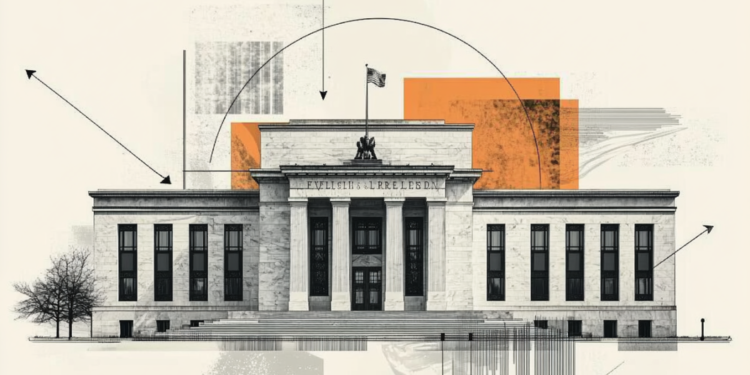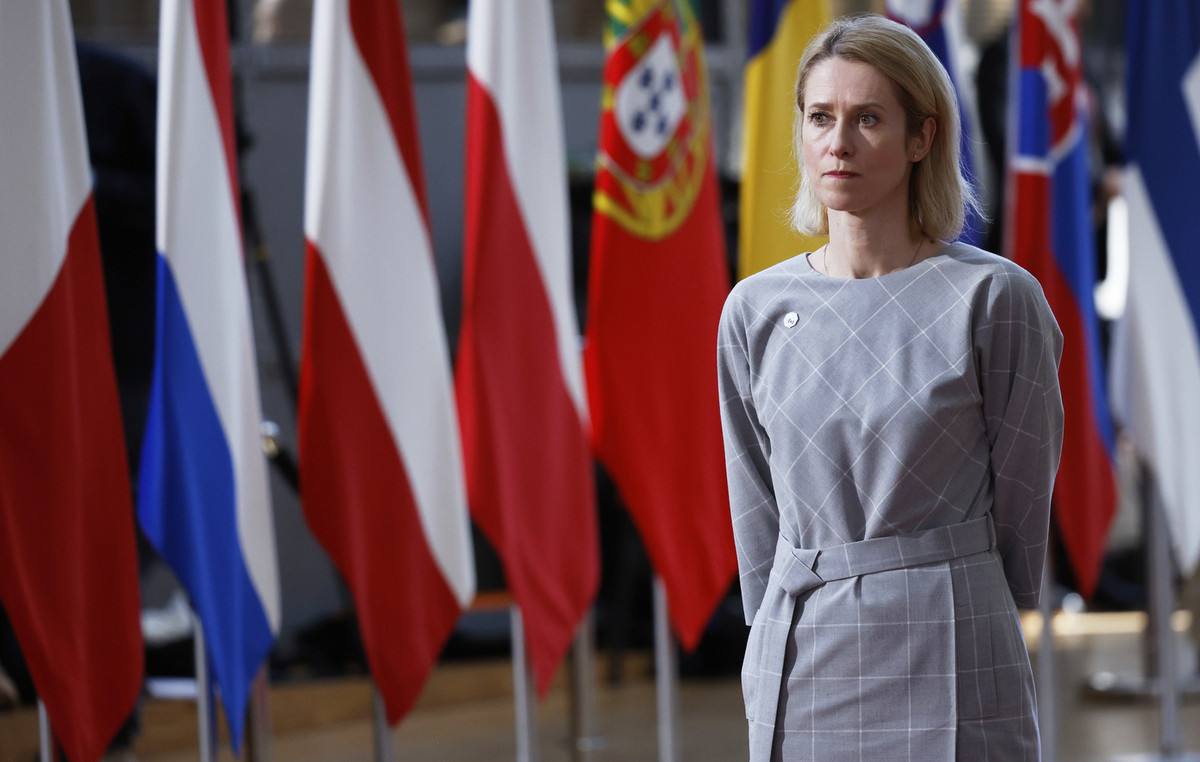Almost one hundred euros a year for each cow: Denmark, a world pioneer on the topic, approves the first tax on greenhouse gas emissions from livestock. It wasn’t easy, actually. It took months of negotiations, the same ones that in us (and throughout the rest of Europe, to be honest) led farmers and breeders to take to the streets with their tractors, trying to oppose the demands of ecologists and of those who want to slow down in an attempt to save the Planet.
And if the Italian Minister of Agriculture, Francesco Lollobrigida, talks about the risk of “excessing environmental sustainability” when asking Italian companies to make different choicesit is easy to believe that the Danish “carbon tax” will not see the light of day here very soon. For that matter, even in Denmark things will go gradually (as it should be), but at least the process for the implementation of what seems to be an important turning point in ecological terms has been started, and it is the only case in the world in which such a choice has been made.
The Danish government, in fact, has laboriously arrived at agree on a tax rate of 120 Danish kroner (around 16 euros) per tonne of carbon dioxide equivalent emissions coming from livestock (cows and pigs) which – it is always good to remember – are responsible for 11% of global emissions, in particular (almost two thirds) attributable to cows. In this first phase of application of the new tax, farmers will not be left alone, but incentives for the ecological transition will be applied in addition to a basic tax deduction of 60% at least for the first two years. Then, in 2030, the tax will rise to 300 Danish kroner (about 40 euros) per ton of CO₂, and again to 750 kroner (over 100 euros) in 2035. “We have succeeded, against all odds, in achieving a tax model where the farmer who uses approved and economically viable climate solutions can completely avoid the tax,” explained Søren Søndergaard, chairman of the Danish Agriculture & Food Council.
The new tax is expected to be approved by the Danish parliament by the end of the year. “Agriculture must contribute and be part of the green future,” said Lars Aagaard, the country’s Climate Minister. And to understand where we are at, just think that in Italy we haven’t even imagined a Climate Minister yet.
Source: Vanity Fair
I’m Susan Karen, a professional writer and editor at World Stock Market. I specialize in Entertainment news, writing stories that keep readers informed on all the latest developments in the industry. With over five years of experience in creating engaging content and copywriting for various media outlets, I have grown to become an invaluable asset to any team.







